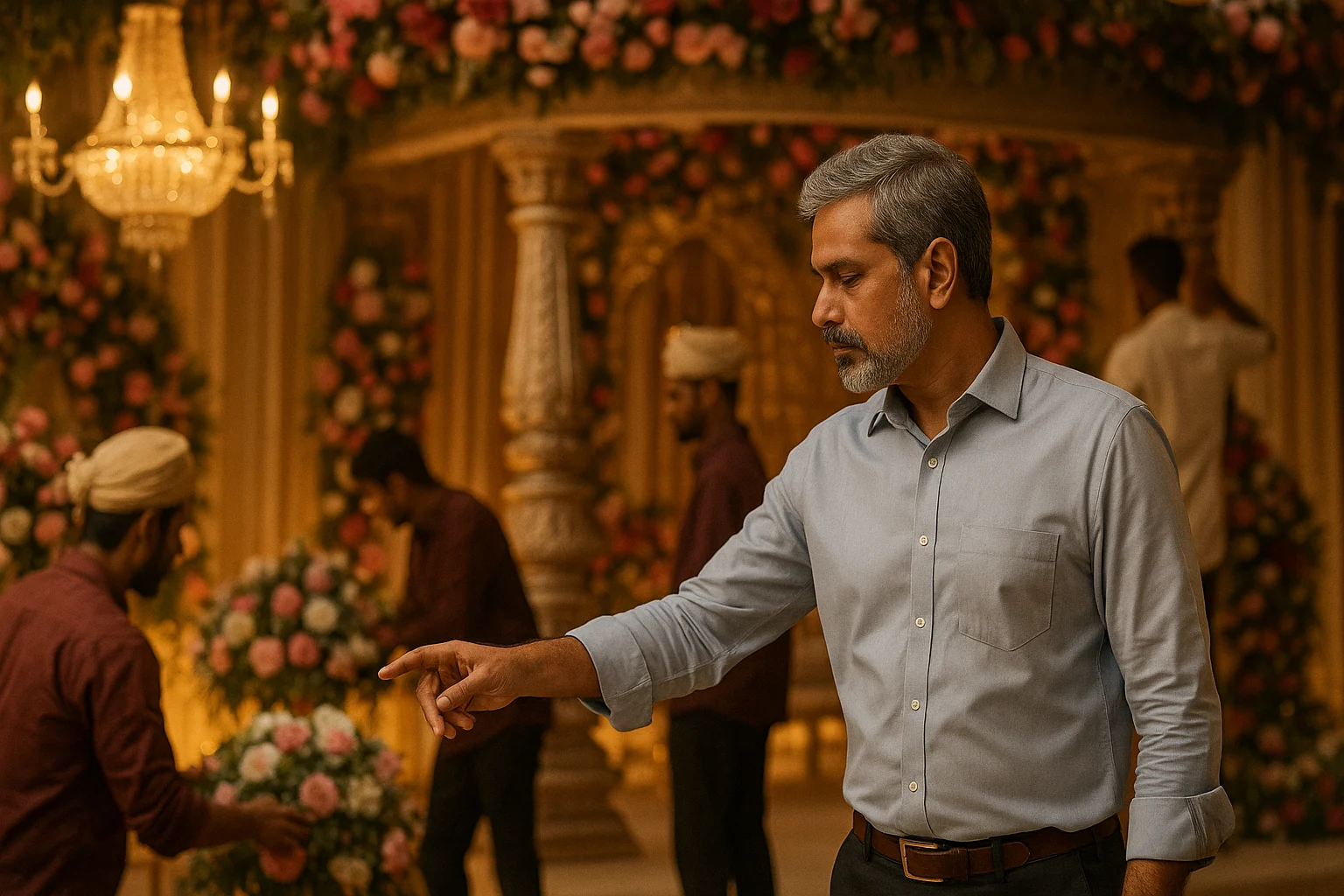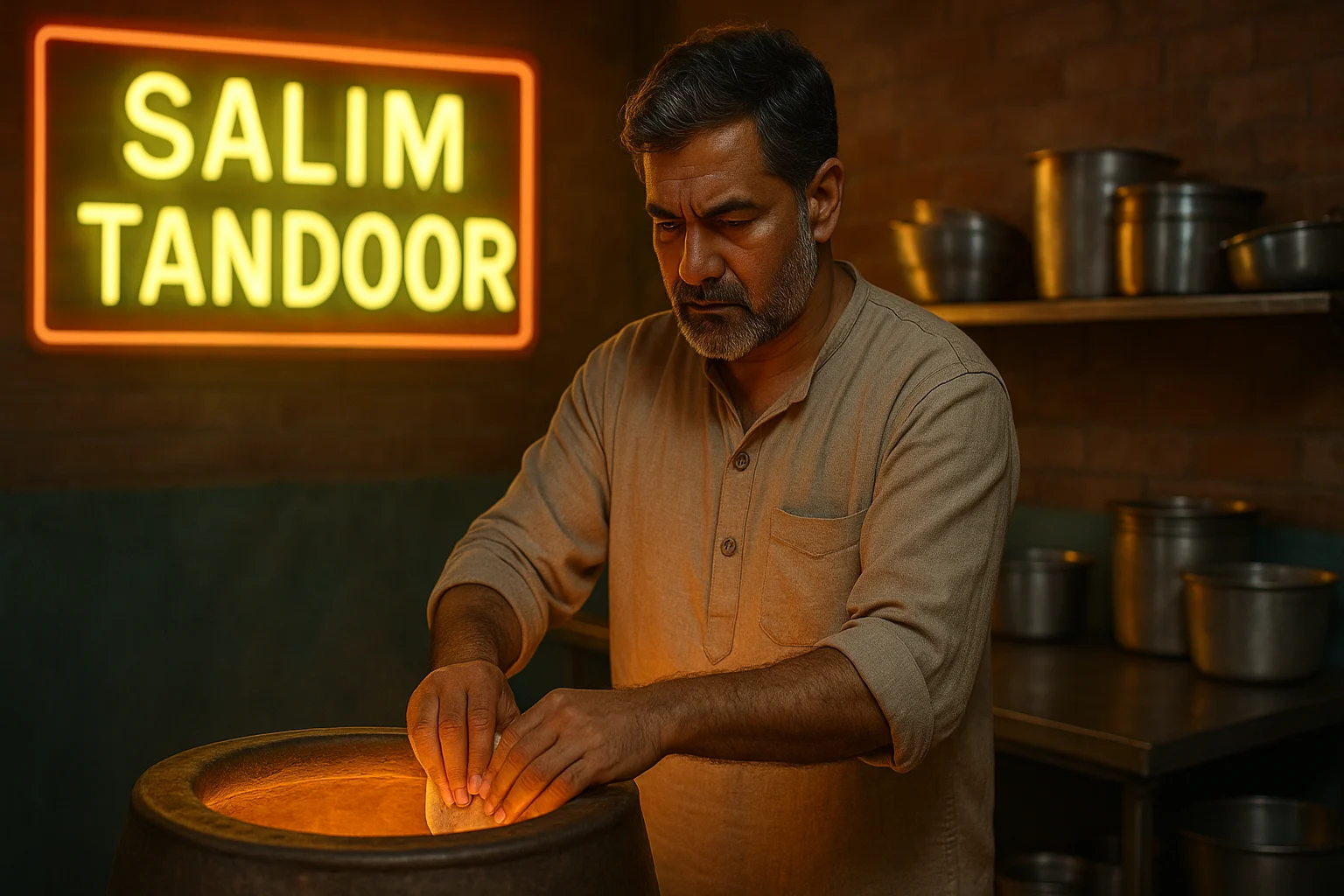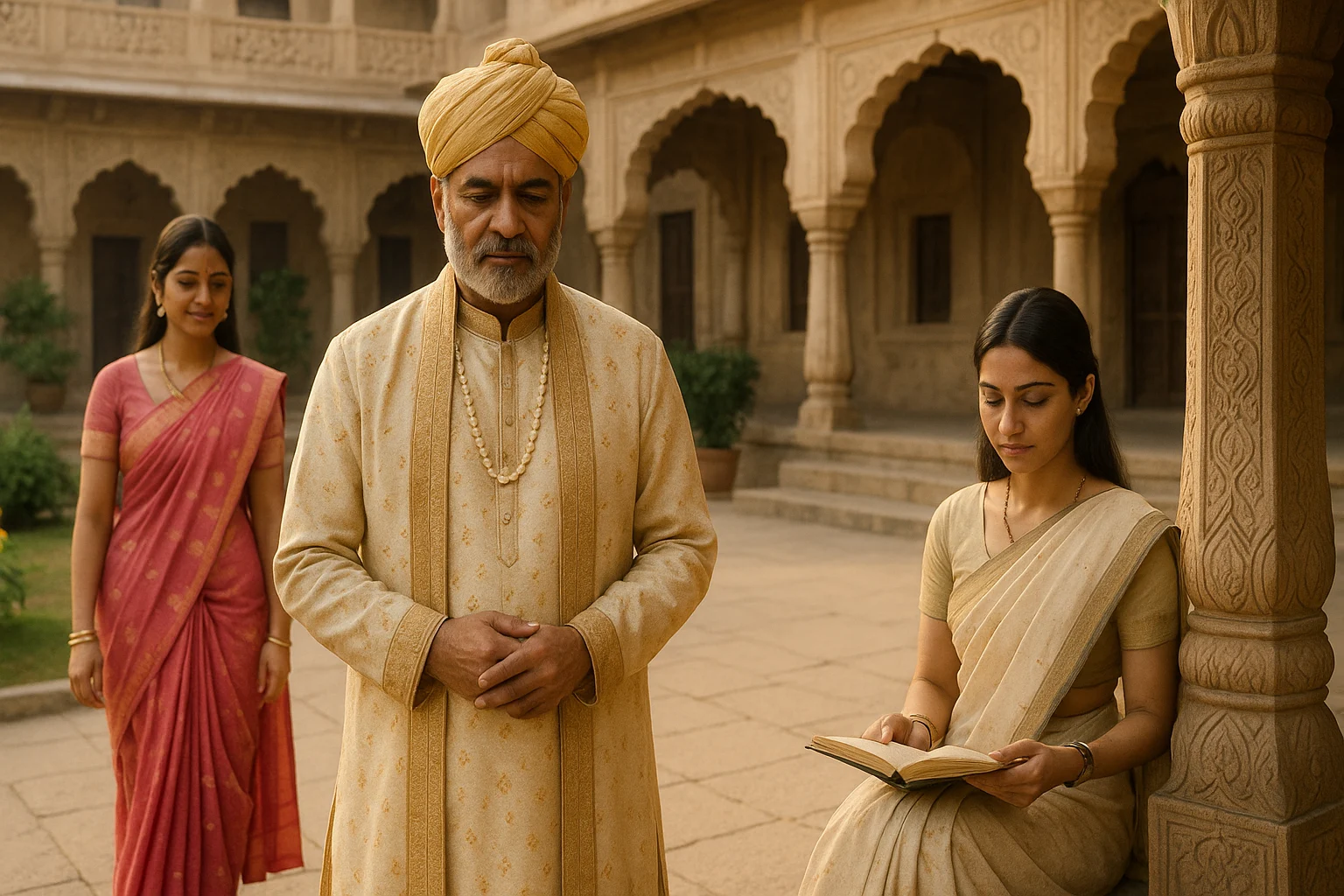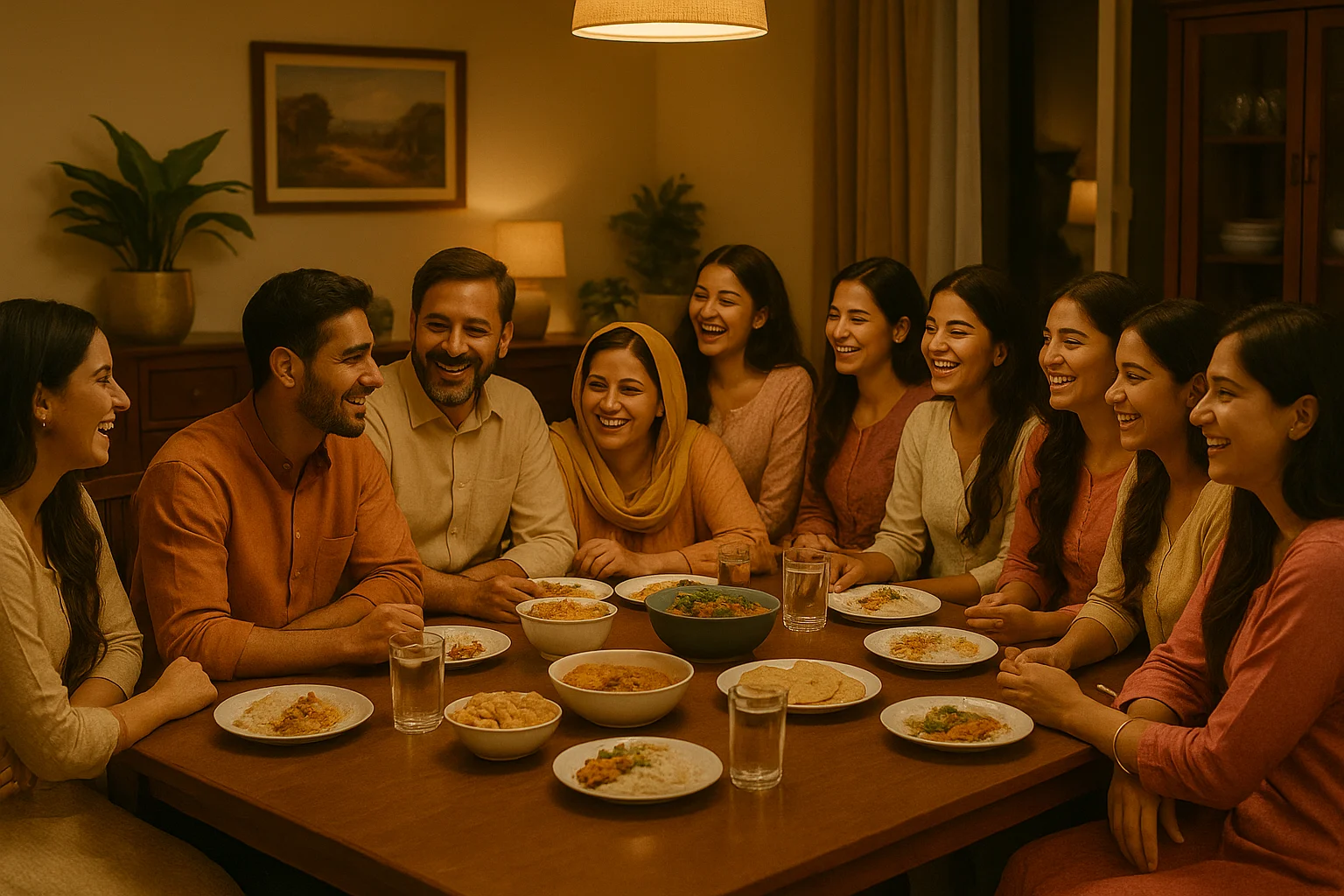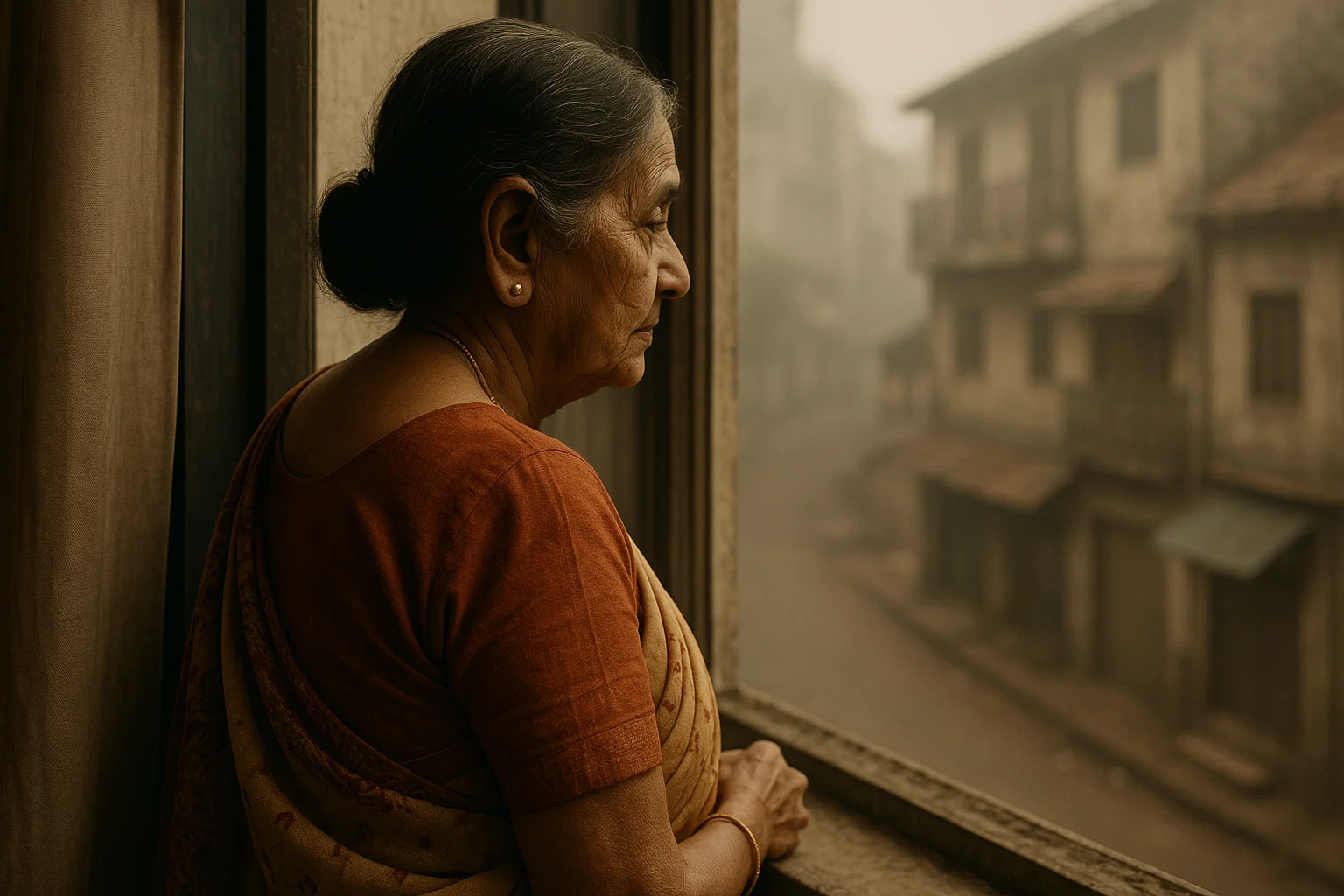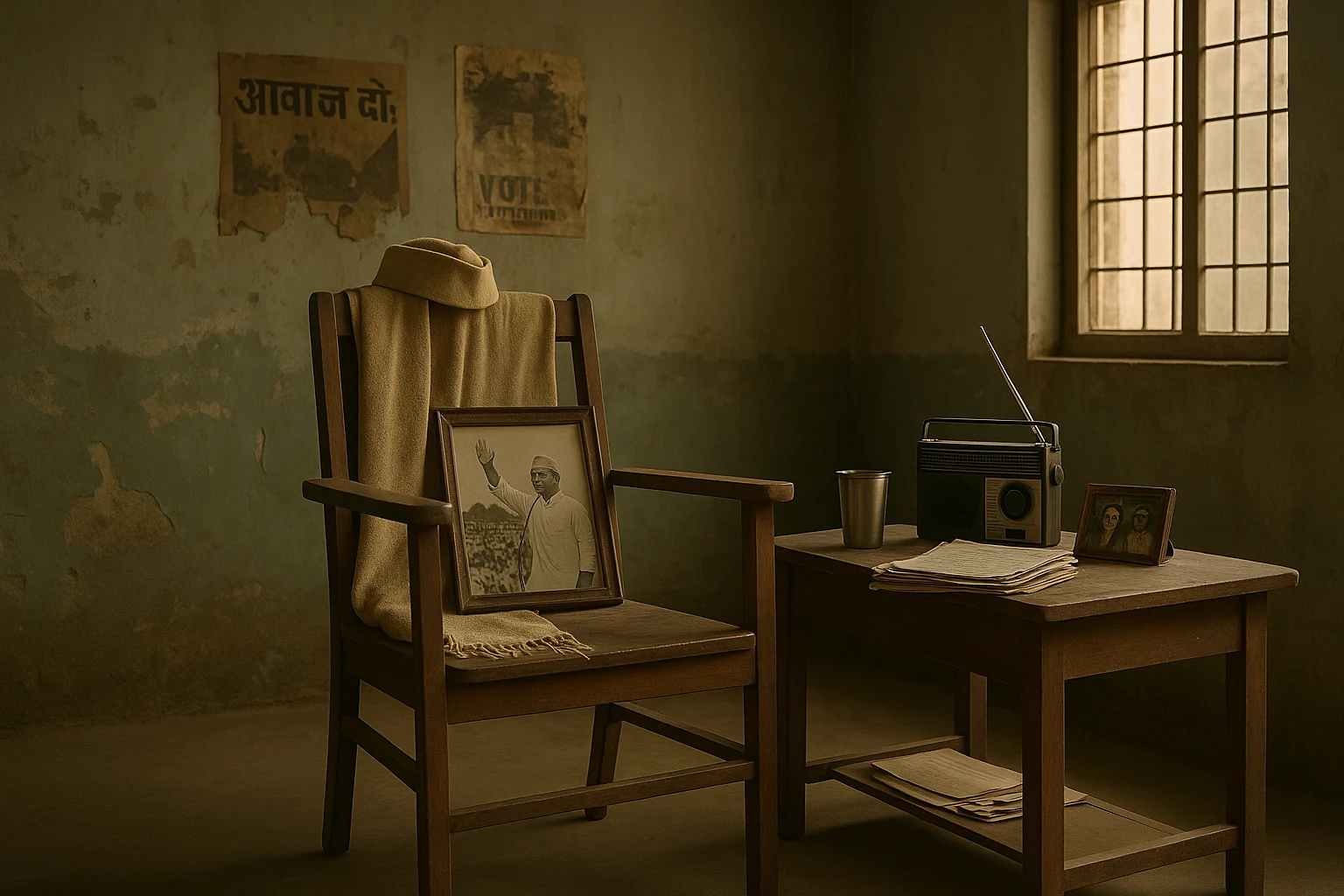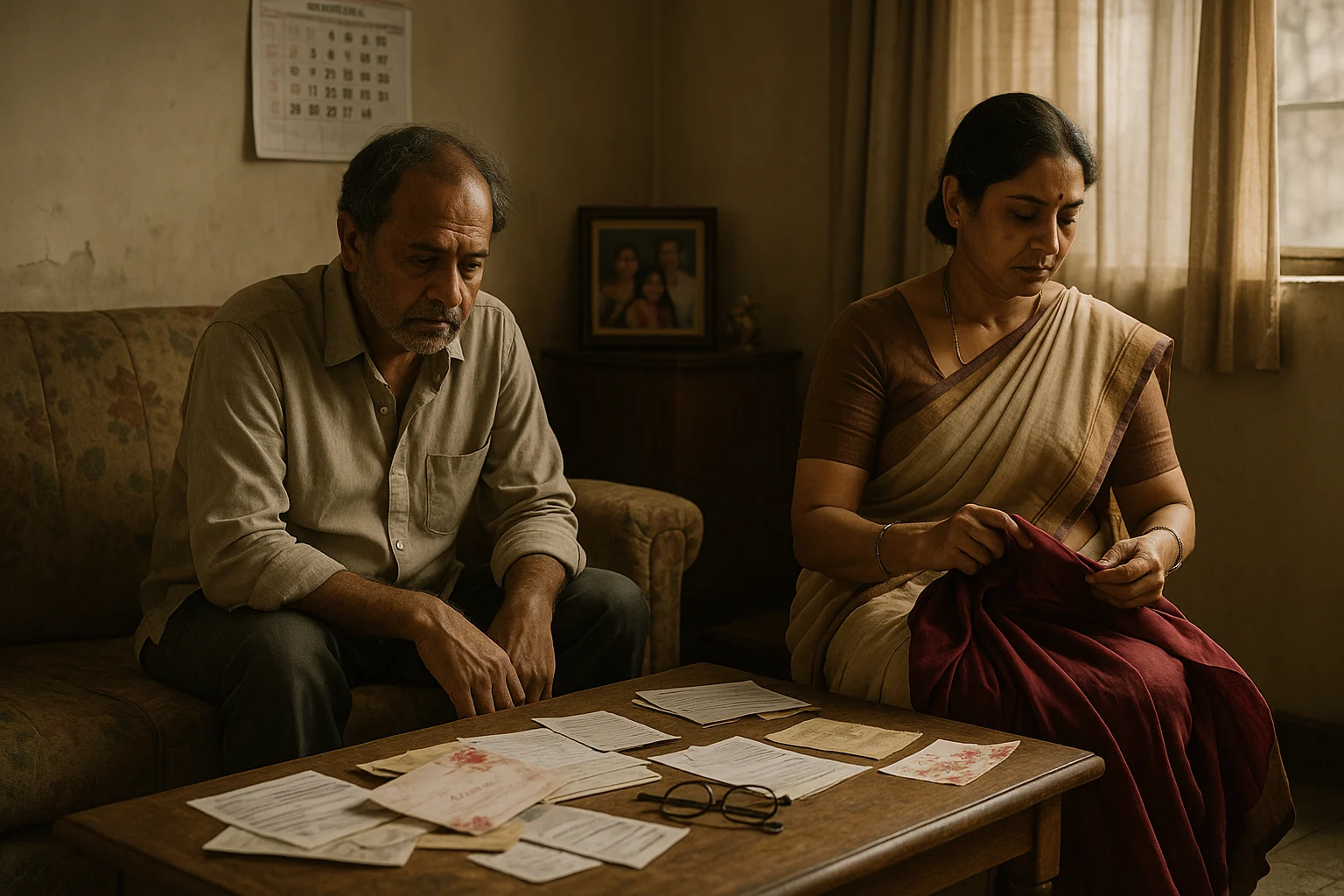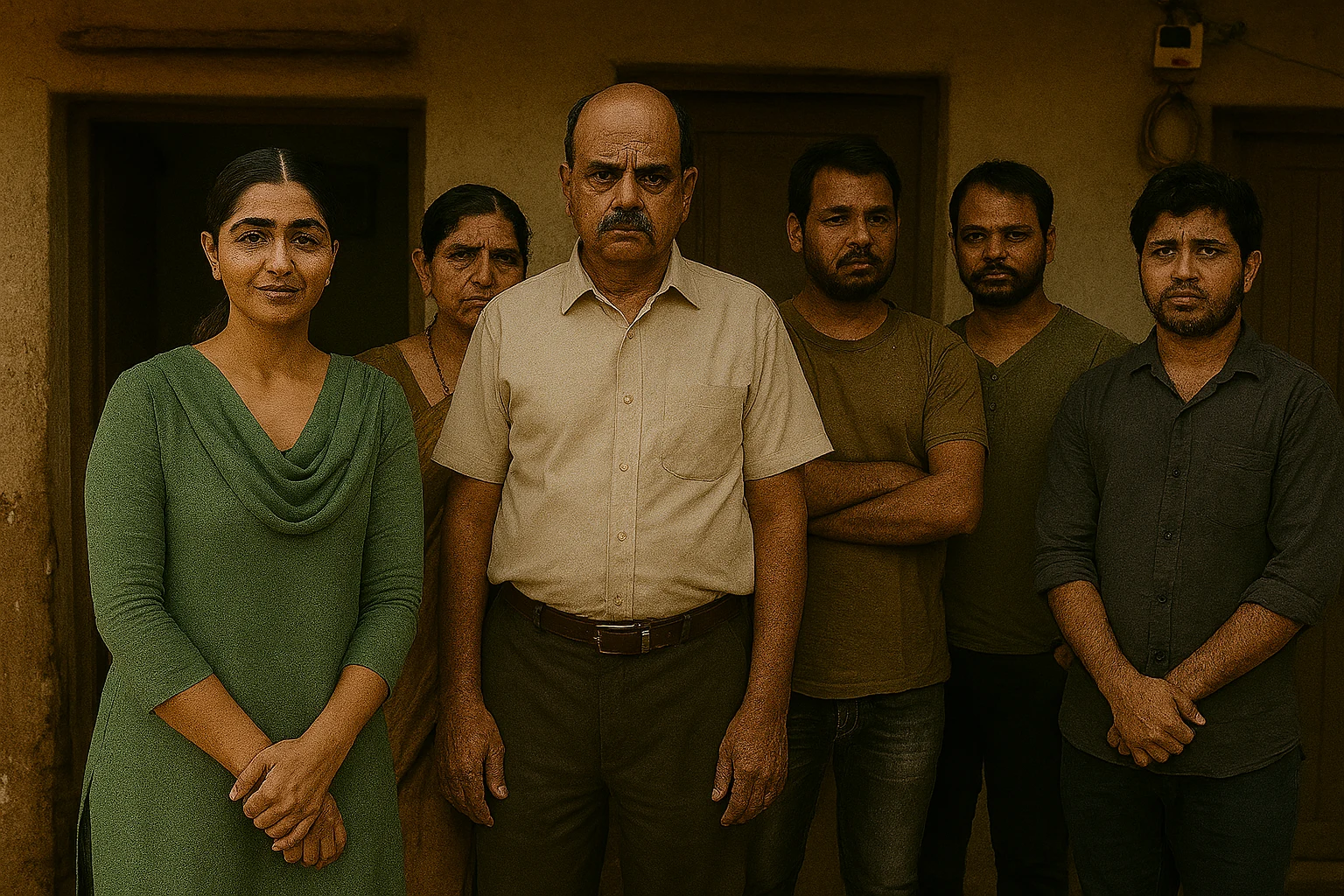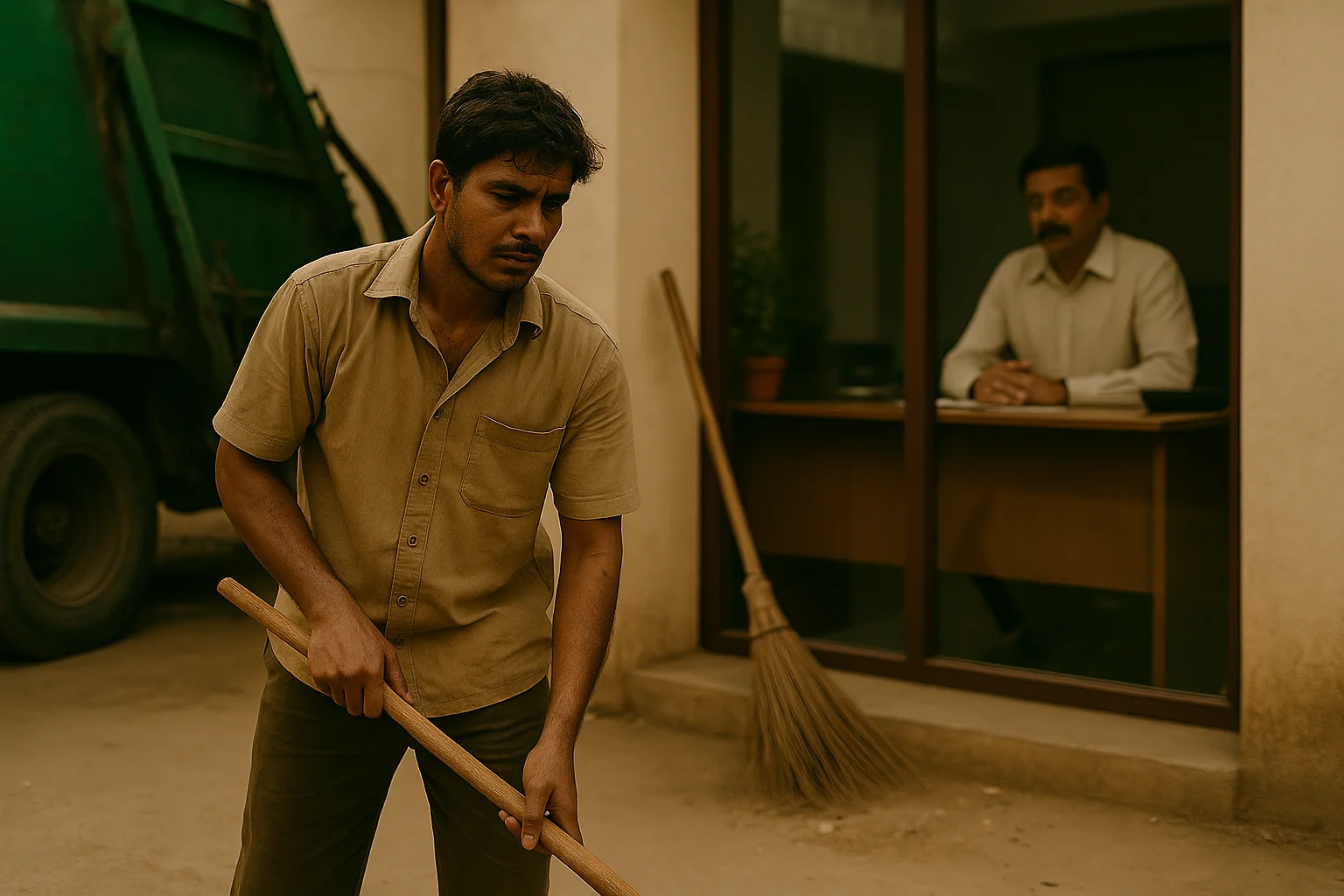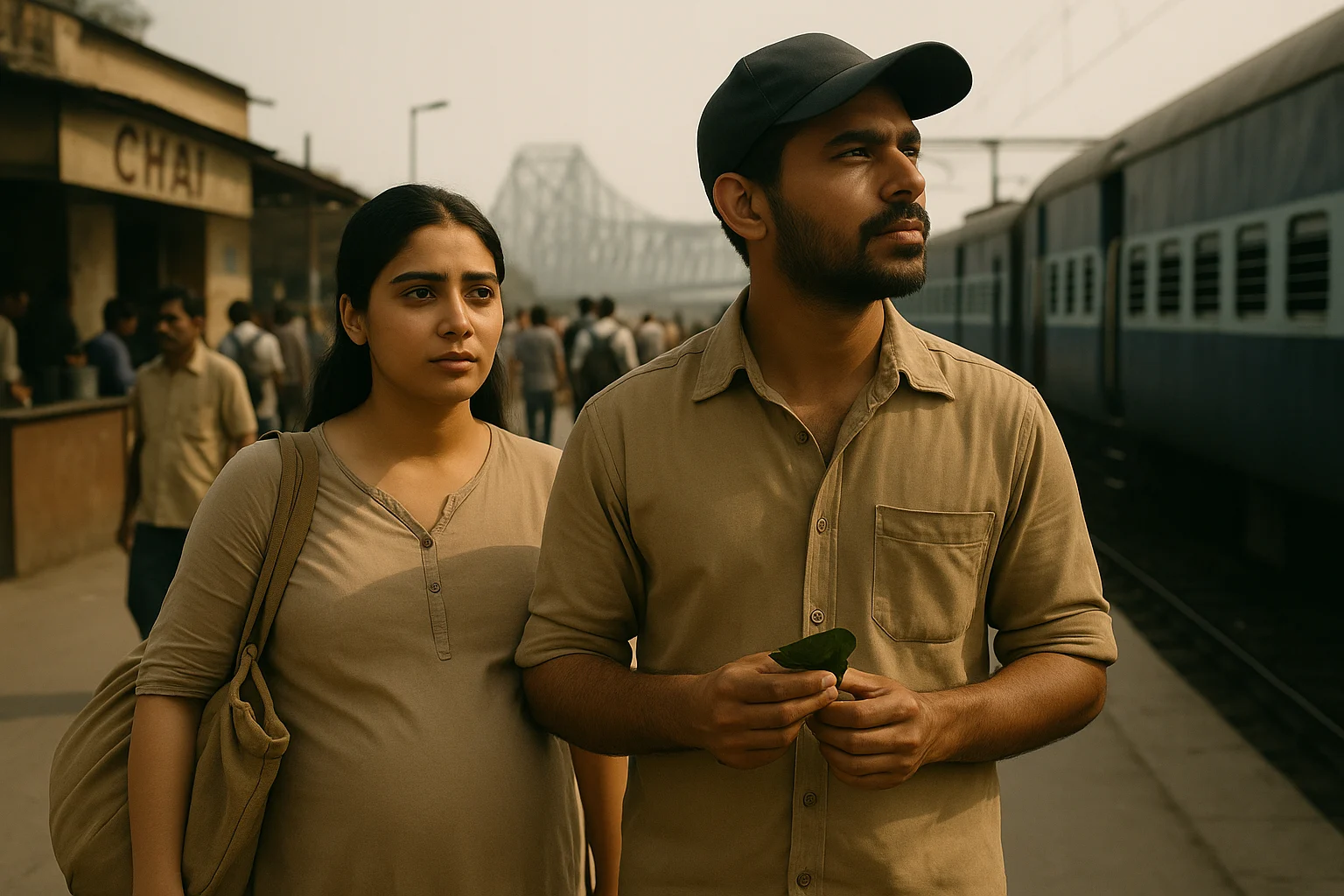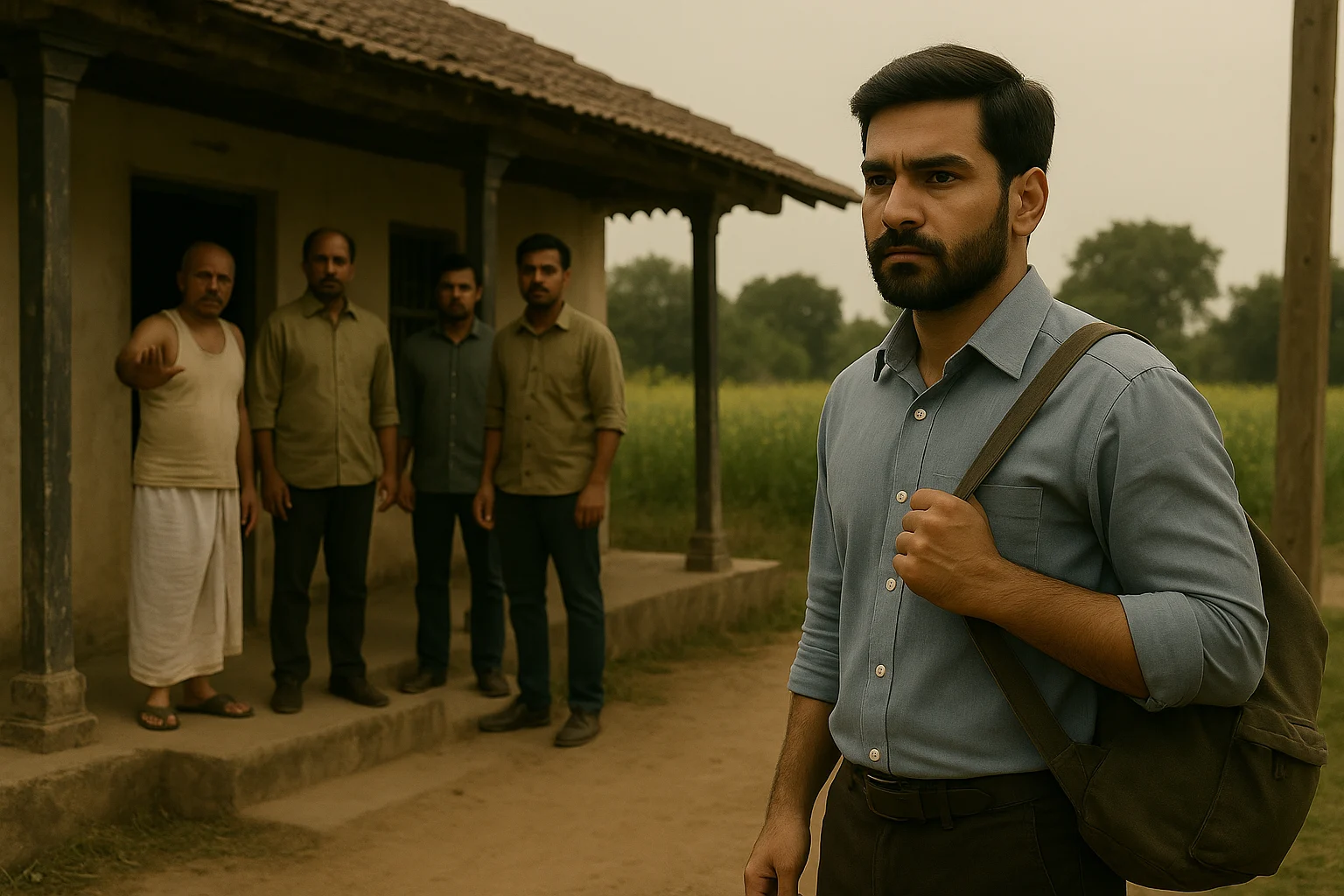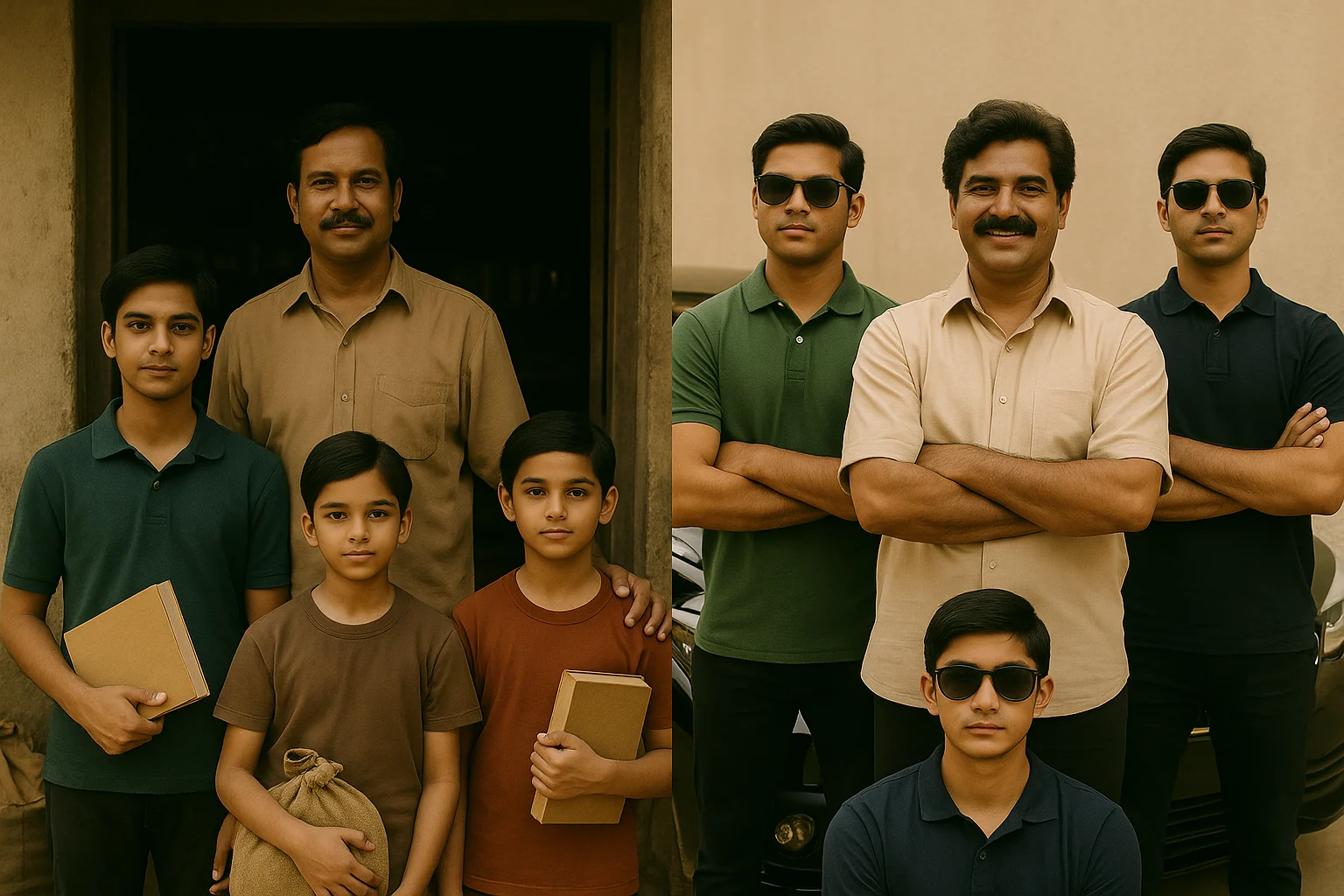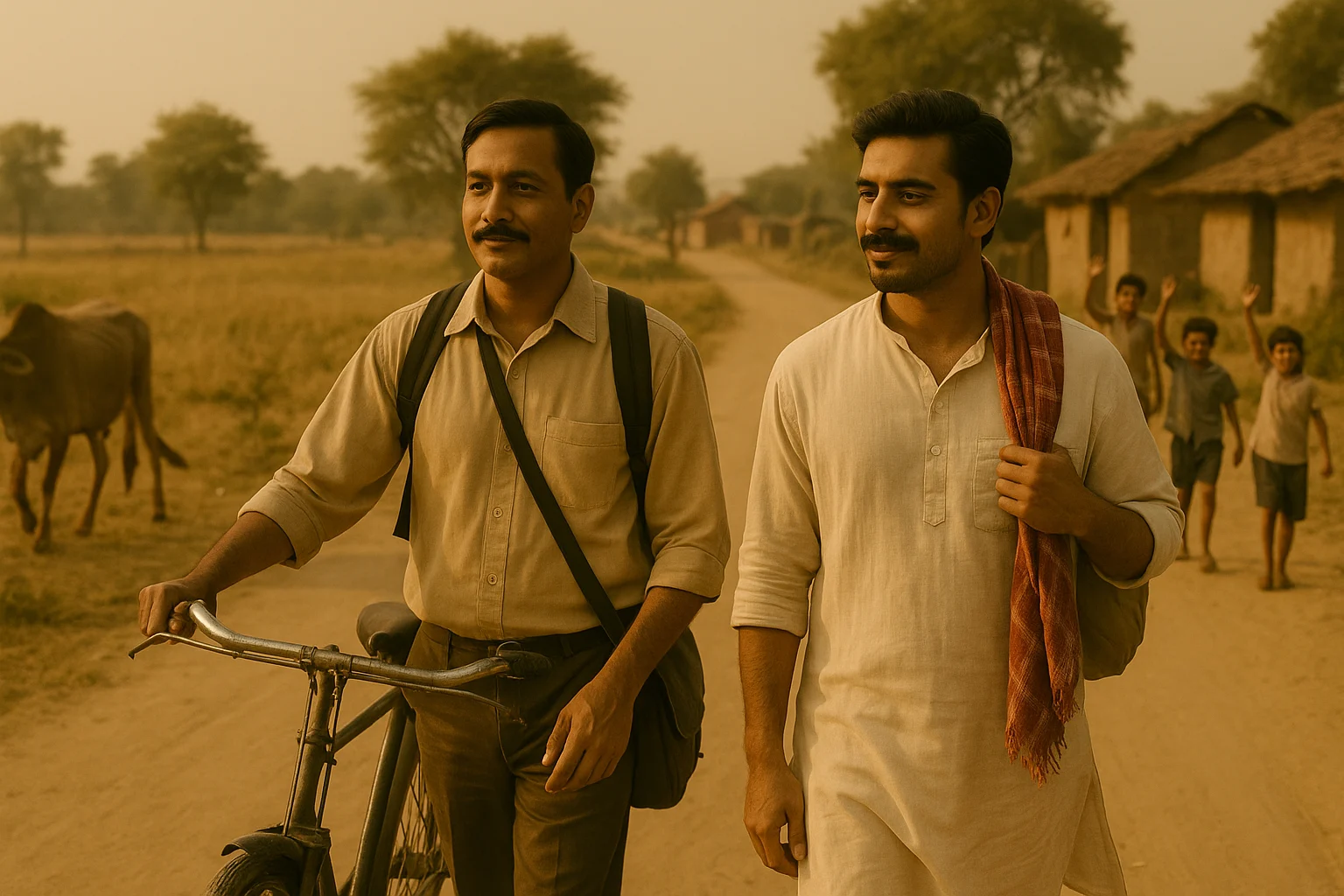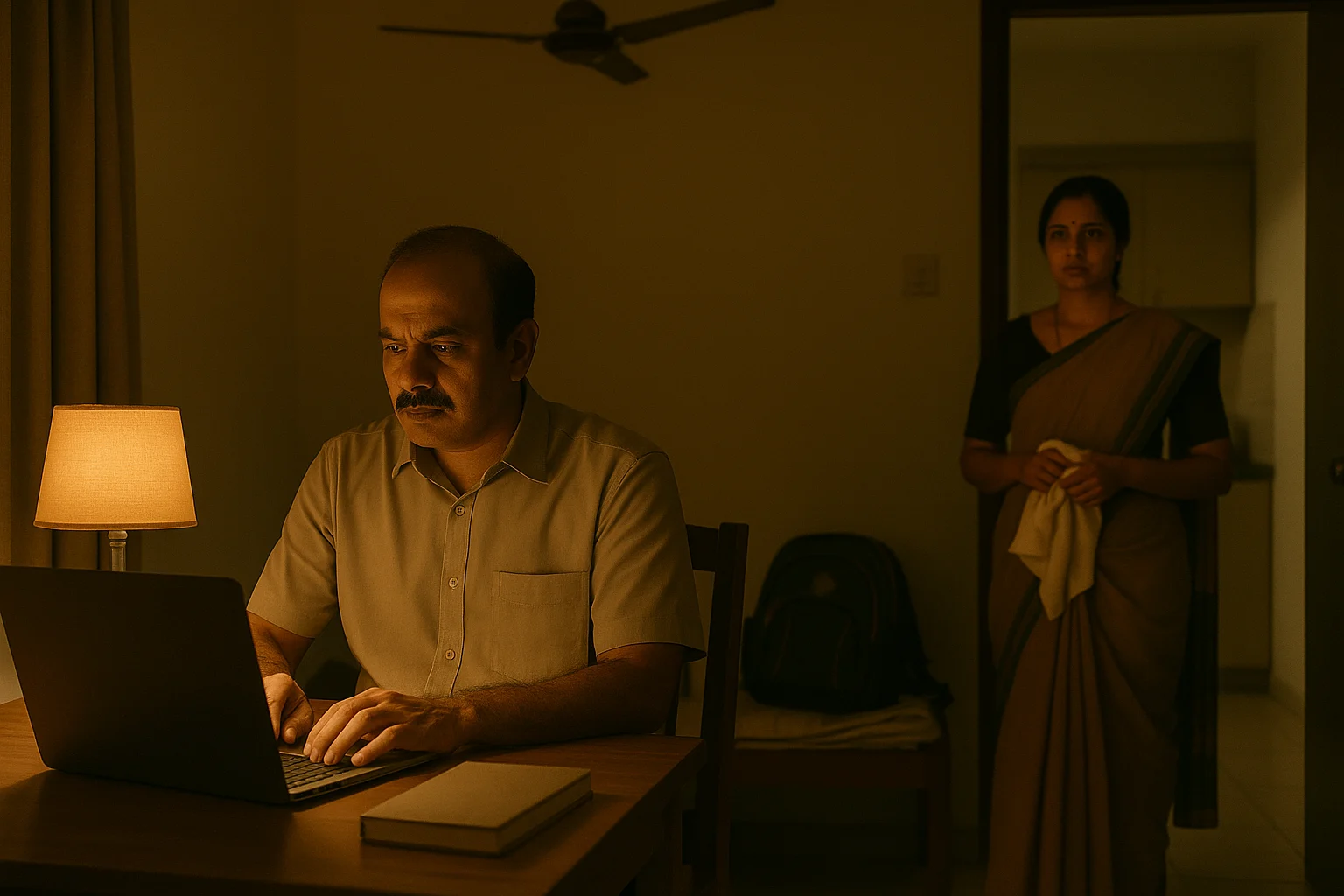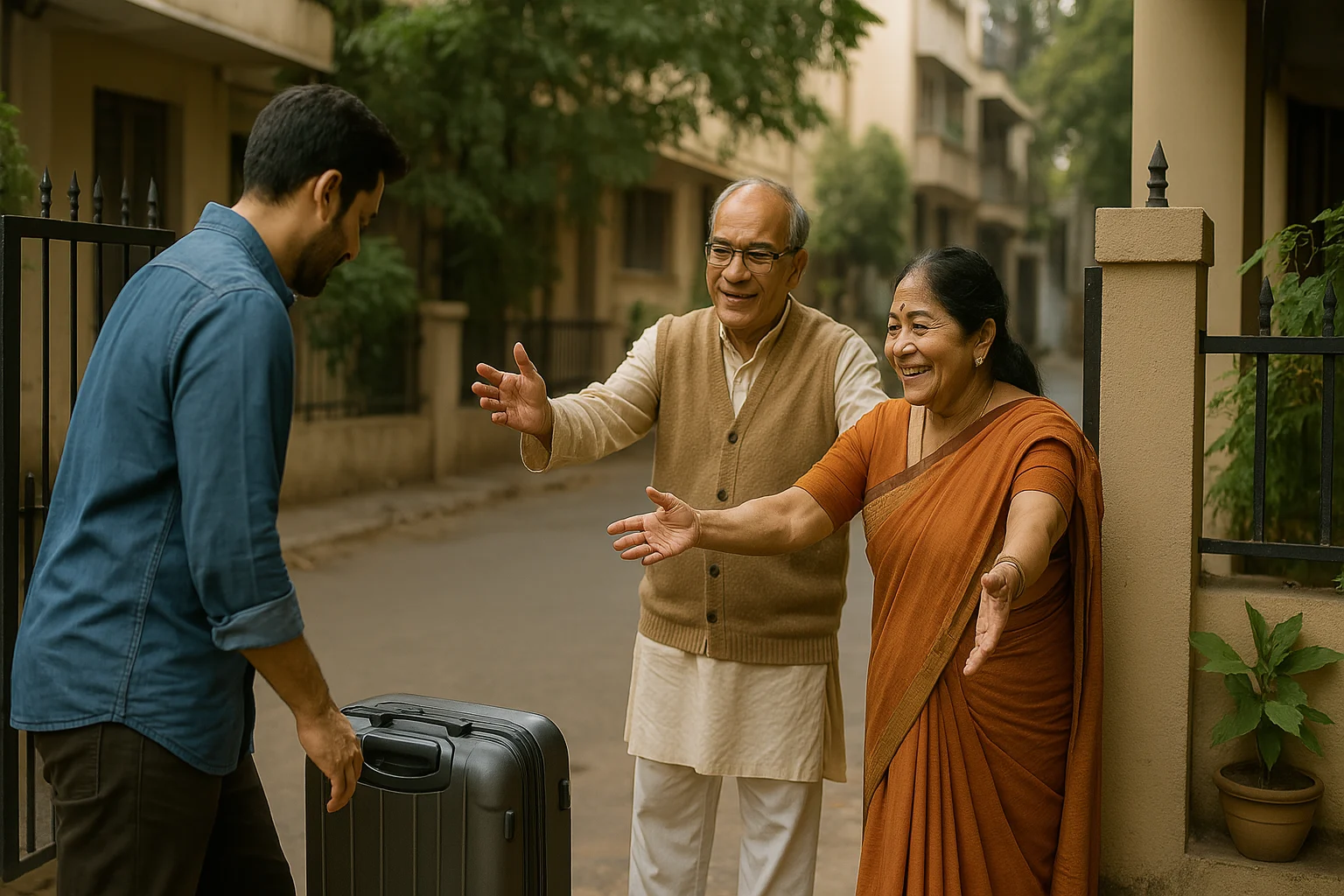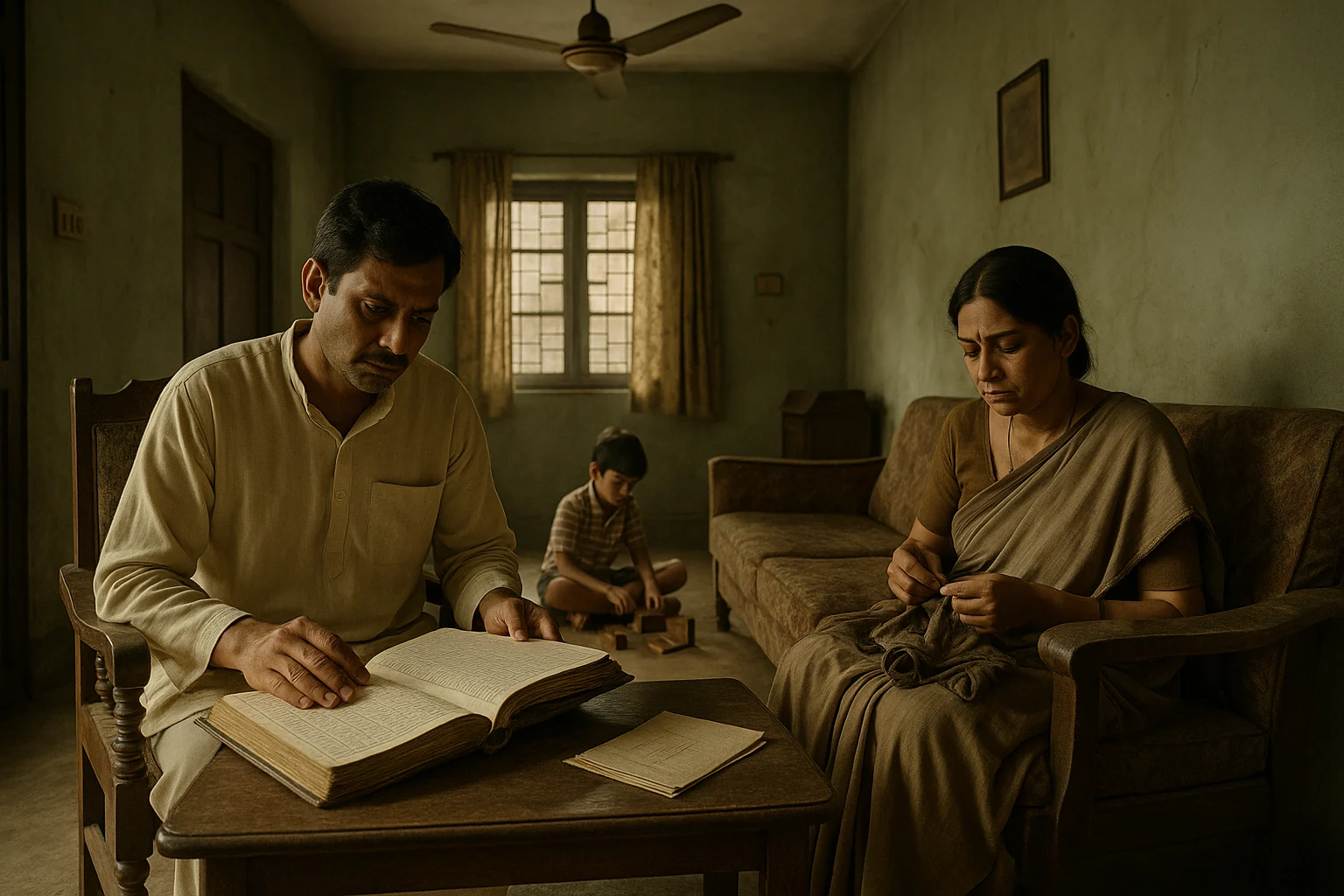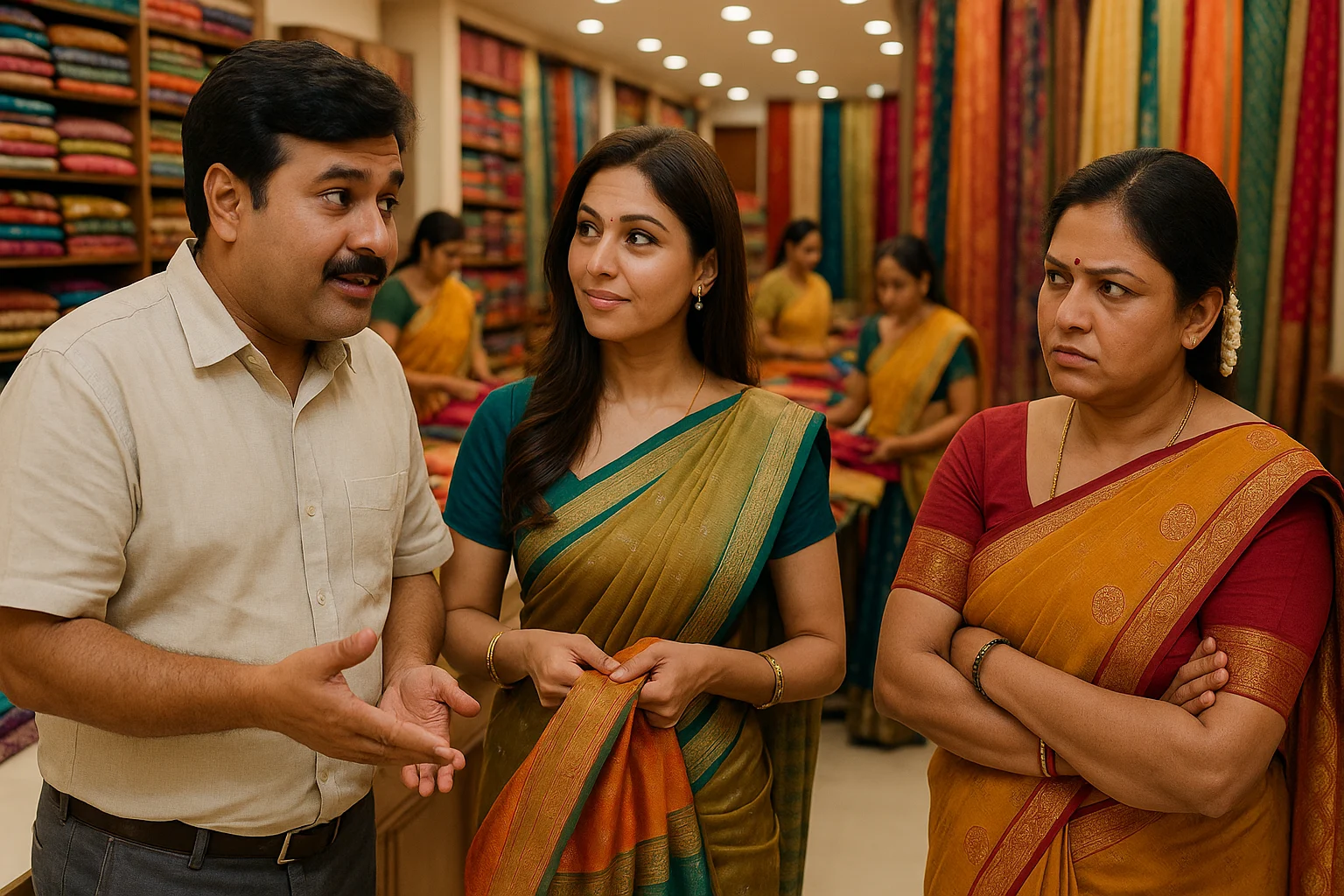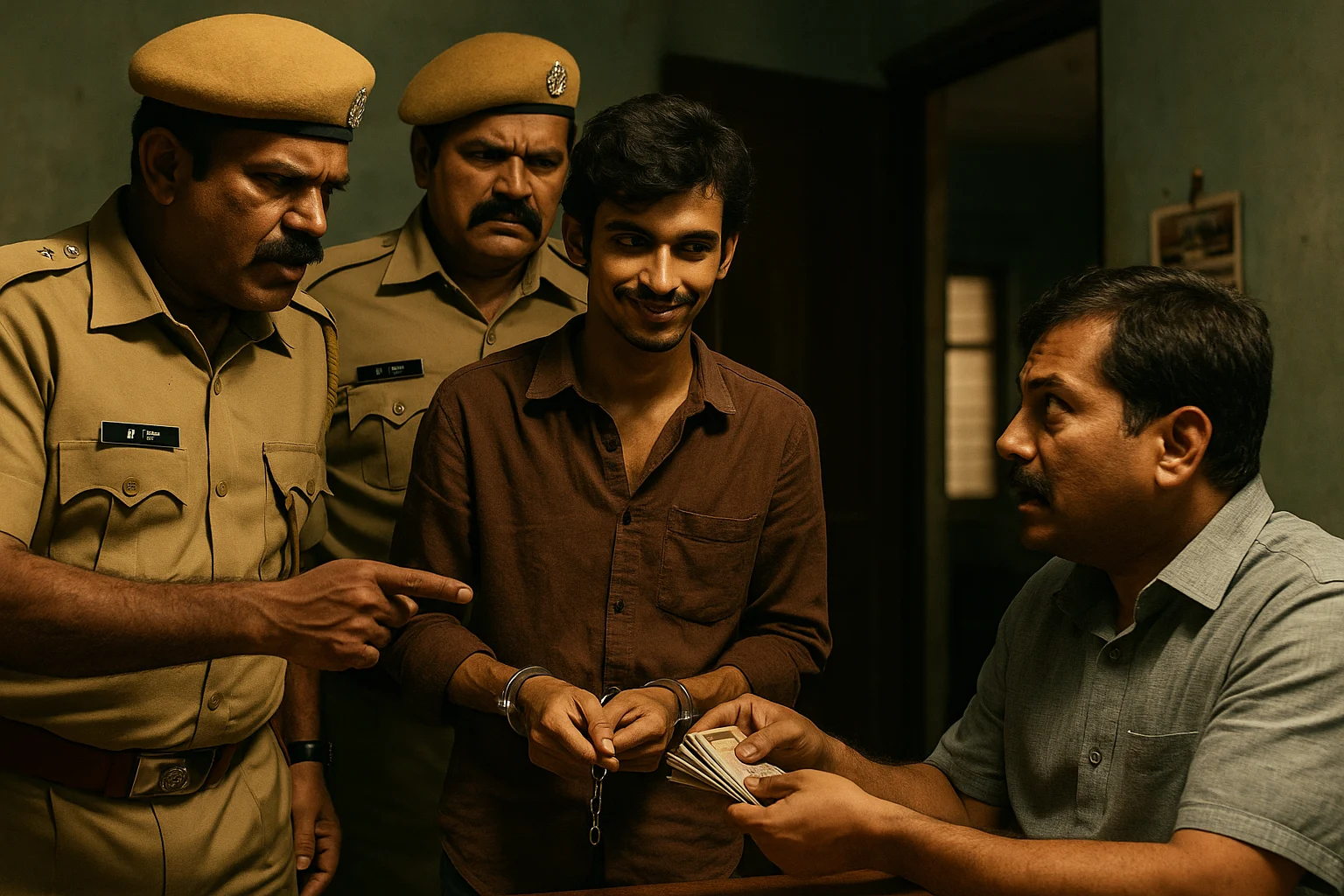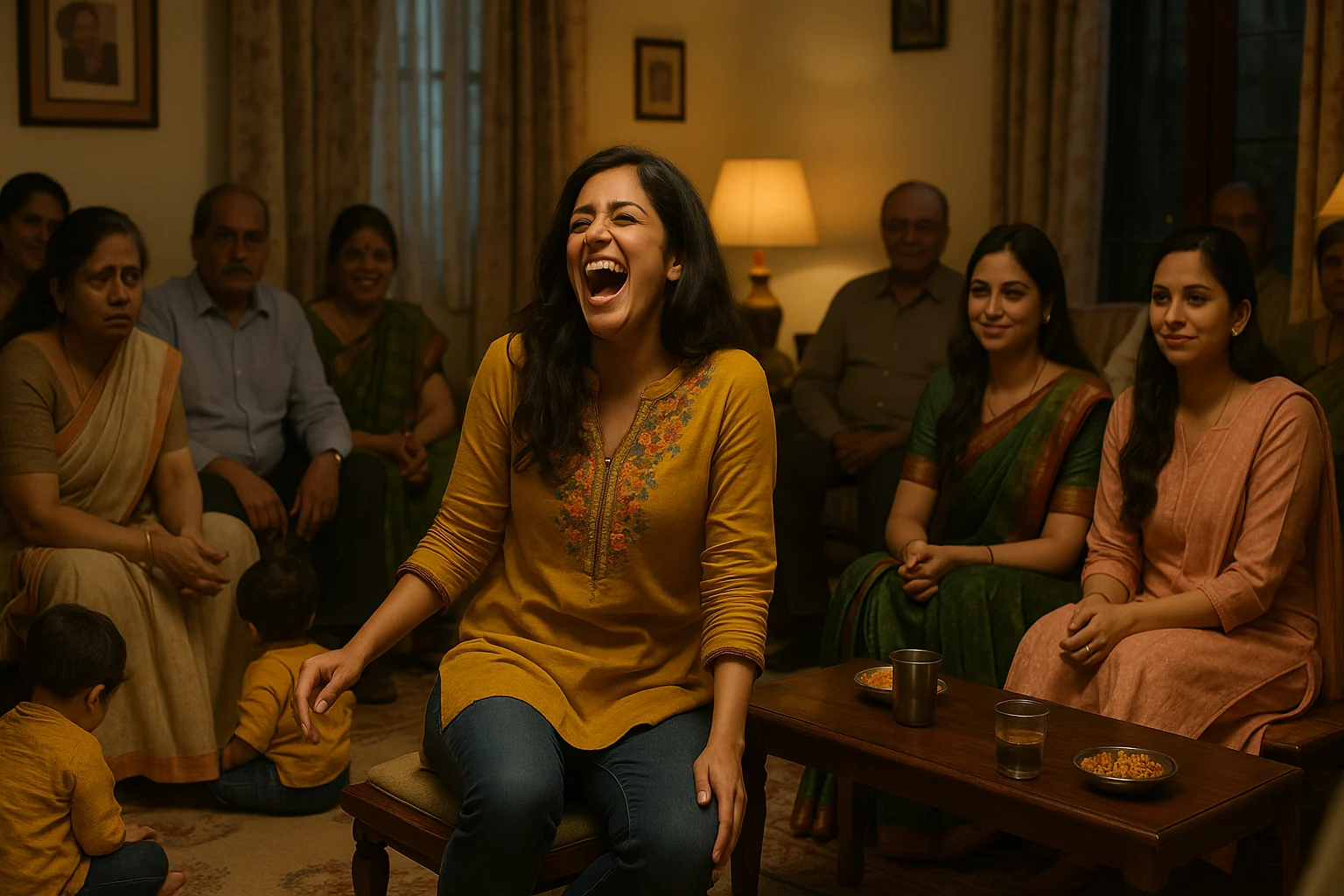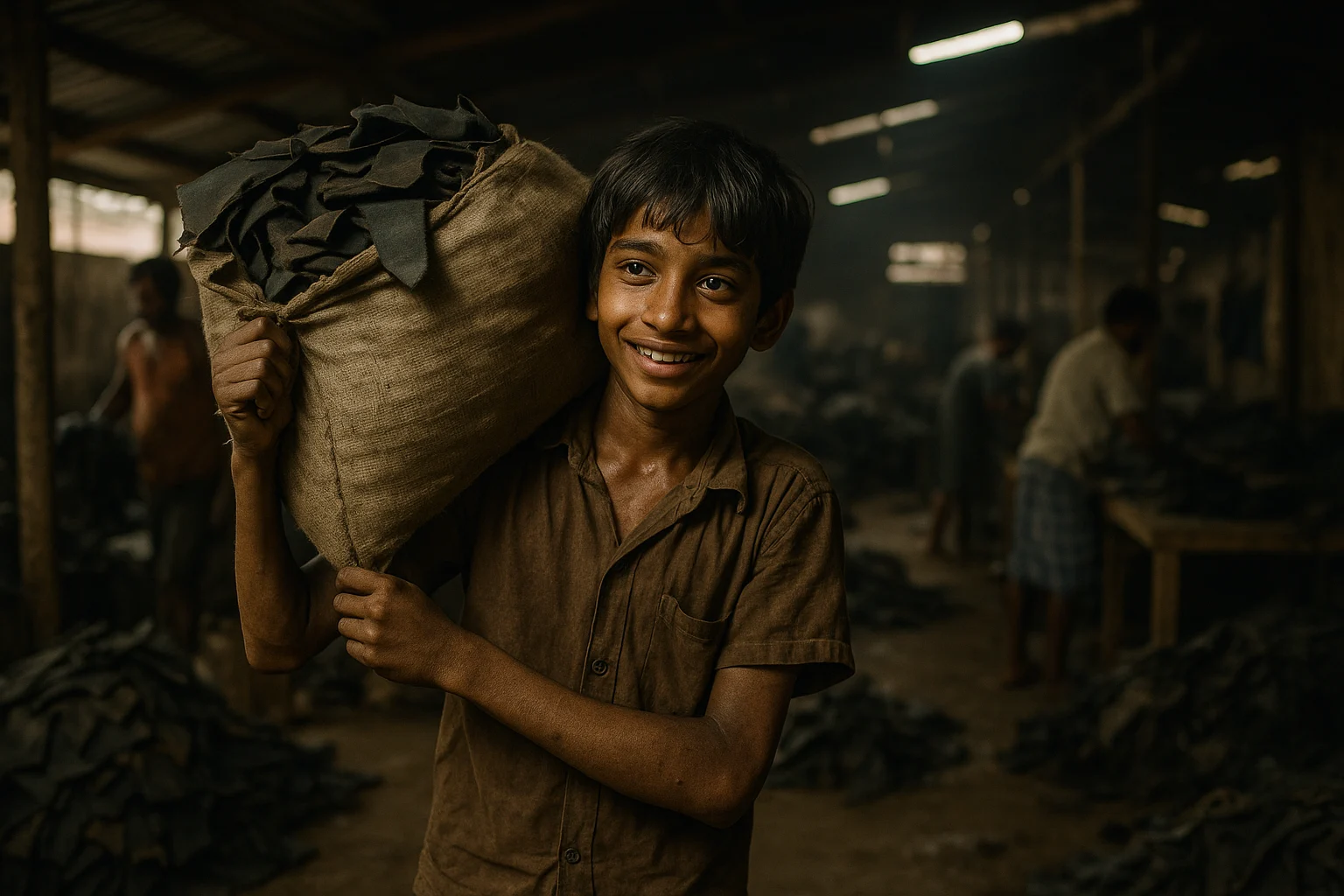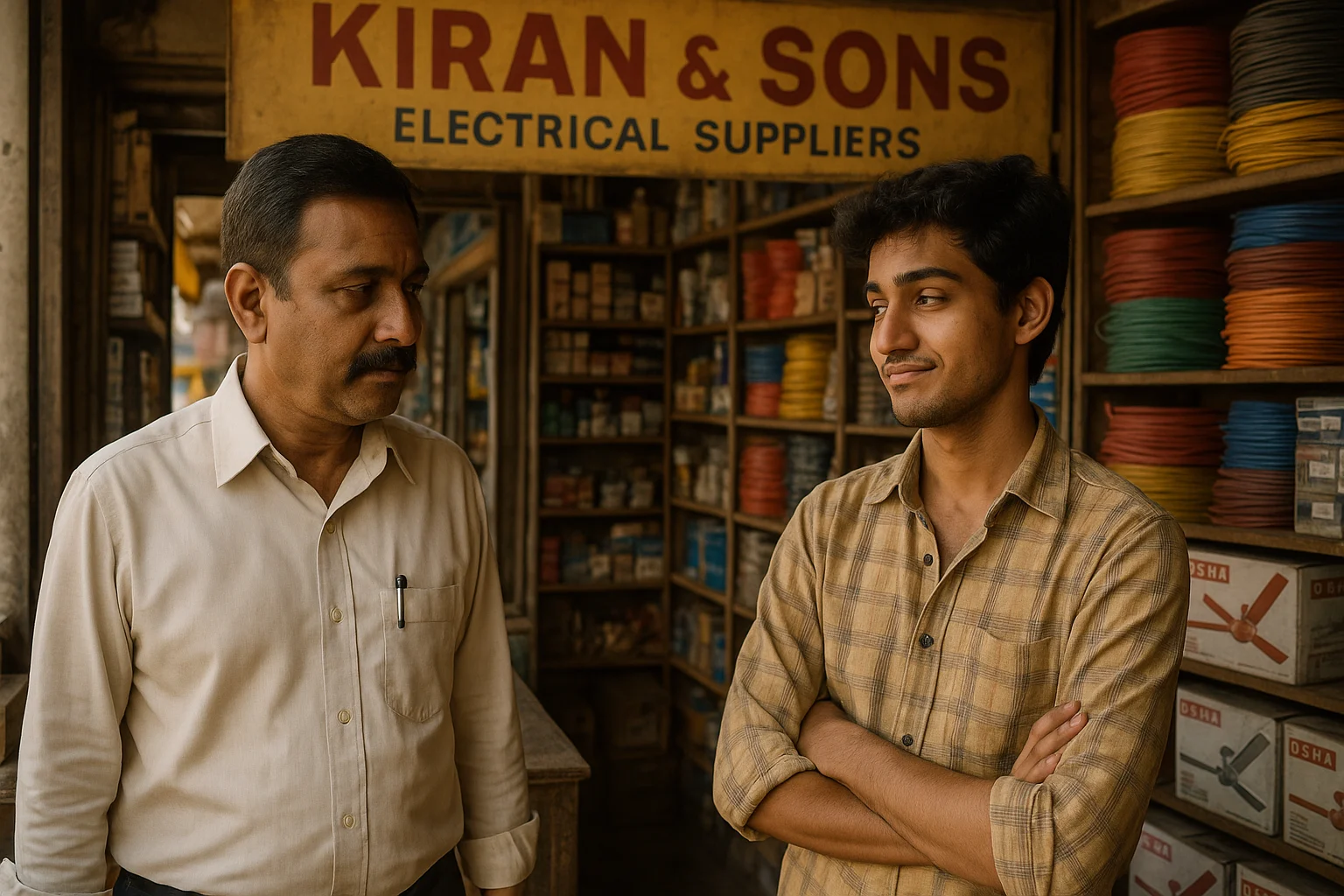Early Struggles in Bihar
In a modest village in Bihar, life for Rahman Ali and his young bride, Shabnam, was marked by scarcity. Rahman worked as a cycle mechanic, often returning home with grease-stained hands and barely enough money to buy lentils for the night. Shabnam, though patient, often went to bed with an empty stomach. Neighbors pitied them but also whispered, “Perhaps his destiny lies beyond these fields.”
Rahman’s pride never allowed him to beg or take charity. He would say, “Allah has given me hands; I will earn, no matter how small.” But deep inside, he dreamed of changing his fate.
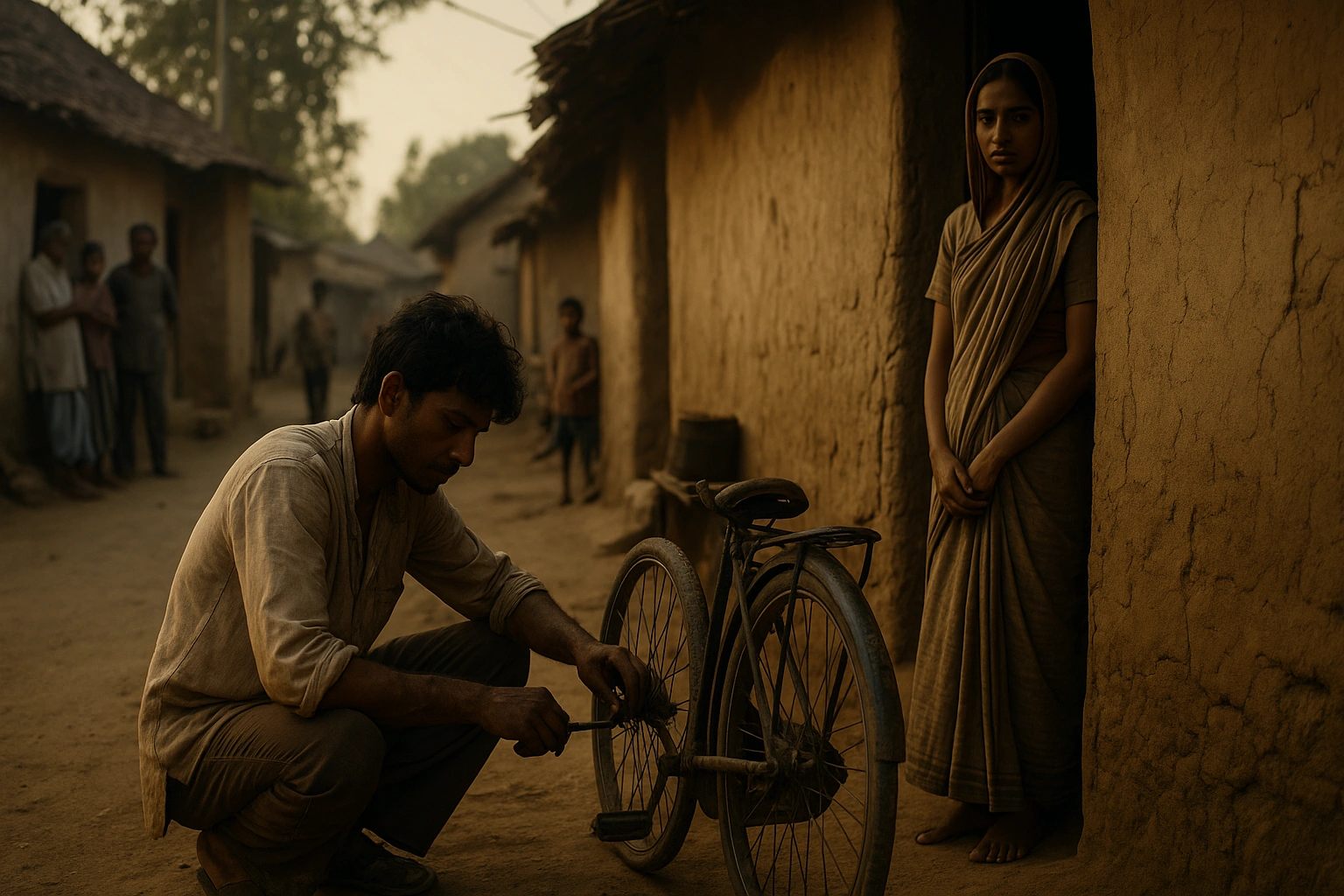
Journey to Saudi Arabia
When an opportunity came through a local agent, Rahman borrowed money and flew to Saudi Arabia. He worked tirelessly as a mechanic under an elderly Arab master, Sheikh Khalid. His honesty, skill, and loyalty impressed the Sheikh.
Years later, when Sheikh Khalid grew too old, he trusted Rahman with his workshop. In exchange, Rahman paid the Sheikh a fixed monthly amount. For Rahman, this was the turning point—his earnings multiplied, and his stature rose. He built properties in Bihar, sent money home, and soon, his poverty was only a memory.
But with prosperity came pride. Rahman believed his way was always right. He never asked, never questioned, never compromised.
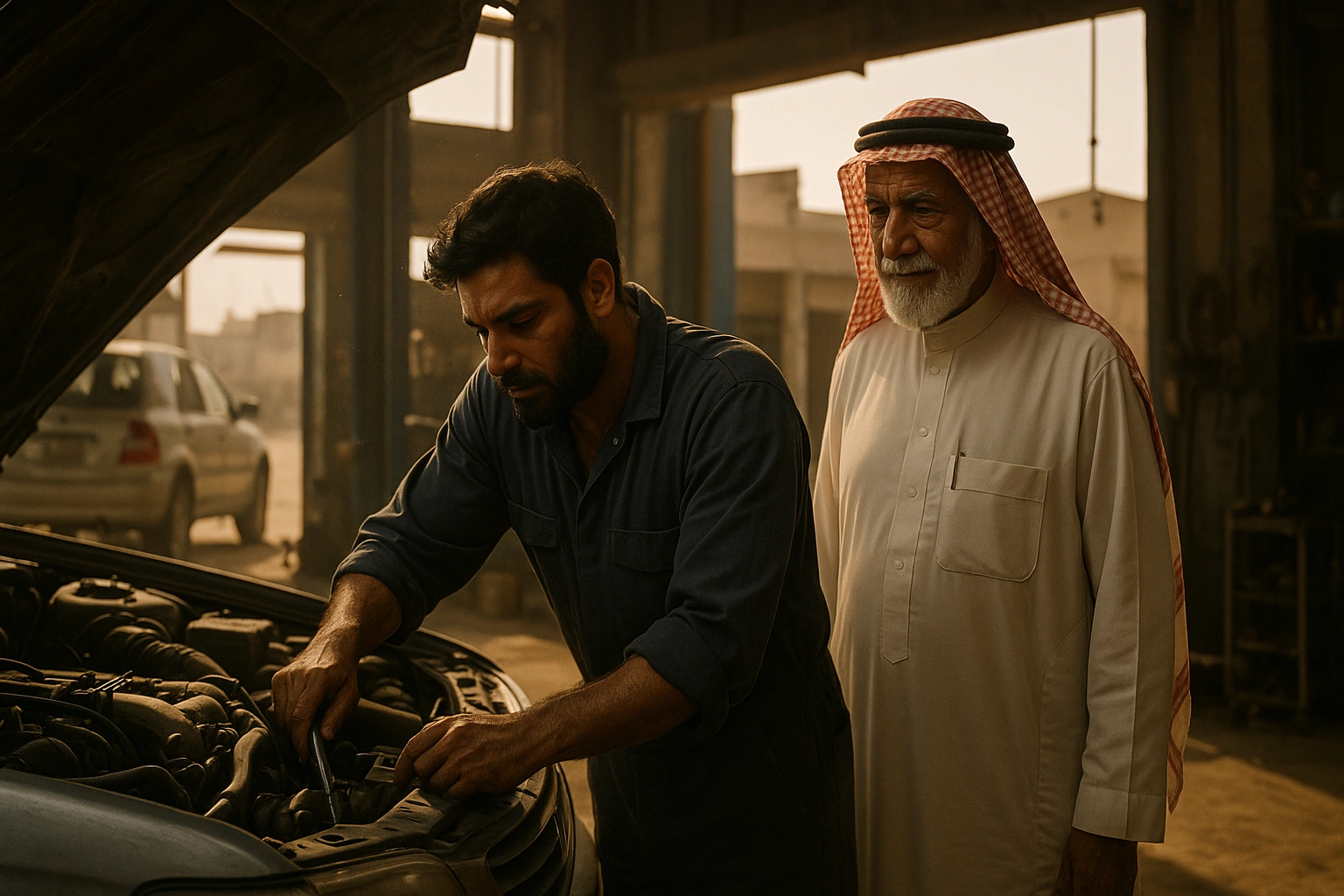
Family Expands
Rahman and Shabnam were blessed with five children—three sons and two daughters. Life in their mansion-like home was filled with abundance. Shabnam’s bangles jingled again, children wore new clothes, and the aroma of biryani often filled the courtyard.
When his eldest son, Imran, married, everyone celebrated. Soon after, his eldest daughter, Ayesha, married too. But instead of sending her to her husband’s house, Rahman commanded,
“My daughter will stay with me. Her husband can live here. I can provide better than his family.”
This decision sparked unrest. Imran’s wife found it hard to adjust, constantly clashing with Ayesha. Eventually, Imran left the house, vowing never to return. Rahman shrugged, saying,
“If my son cannot respect my decisions, let him go. I am still strong.”
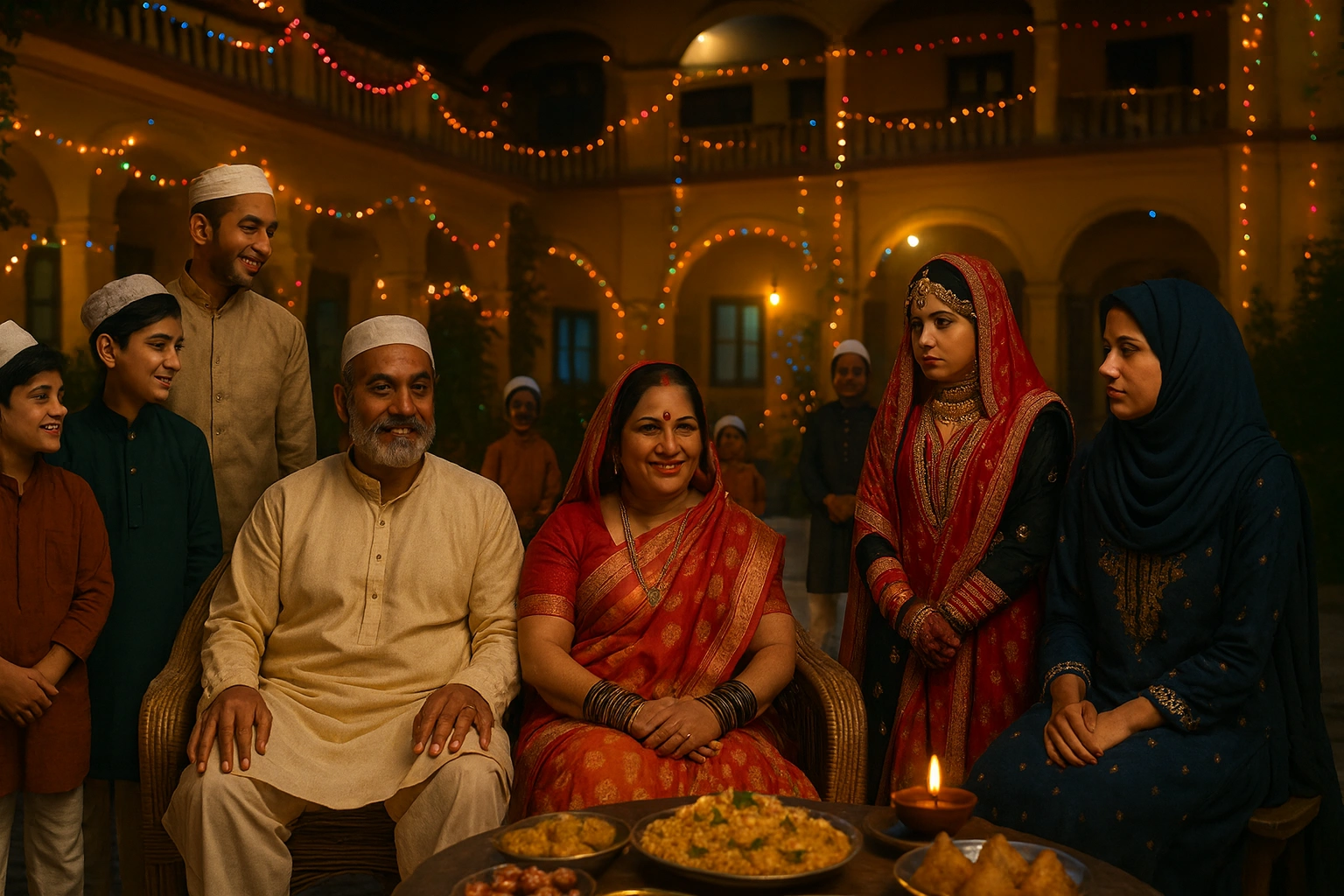
The Cycle Repeats
Years later, his second daughter, Fatima, married. Again, Rahman brought her and her husband home. Neighbors gossiped: “Who keeps daughters with husbands in the same house? He is digging his own grave.”
The sons-in-law, enjoying a luxurious life without working, spent their days sipping tea and flattering Rahman. They thought loyalty would secure their future inheritance. Little did they know, they were losing their own youth and careers.
When Rahman’s second son, Salman, married, his wife faced humiliation from Ayesha and Fatima. Salman too left the house.
The third son, Arman, went through the same fate. Each son walked away, one after another, while Rahman remained unmoved.
“My daughters are my pride. My sons are disobedient. I need no one but my daughters.”
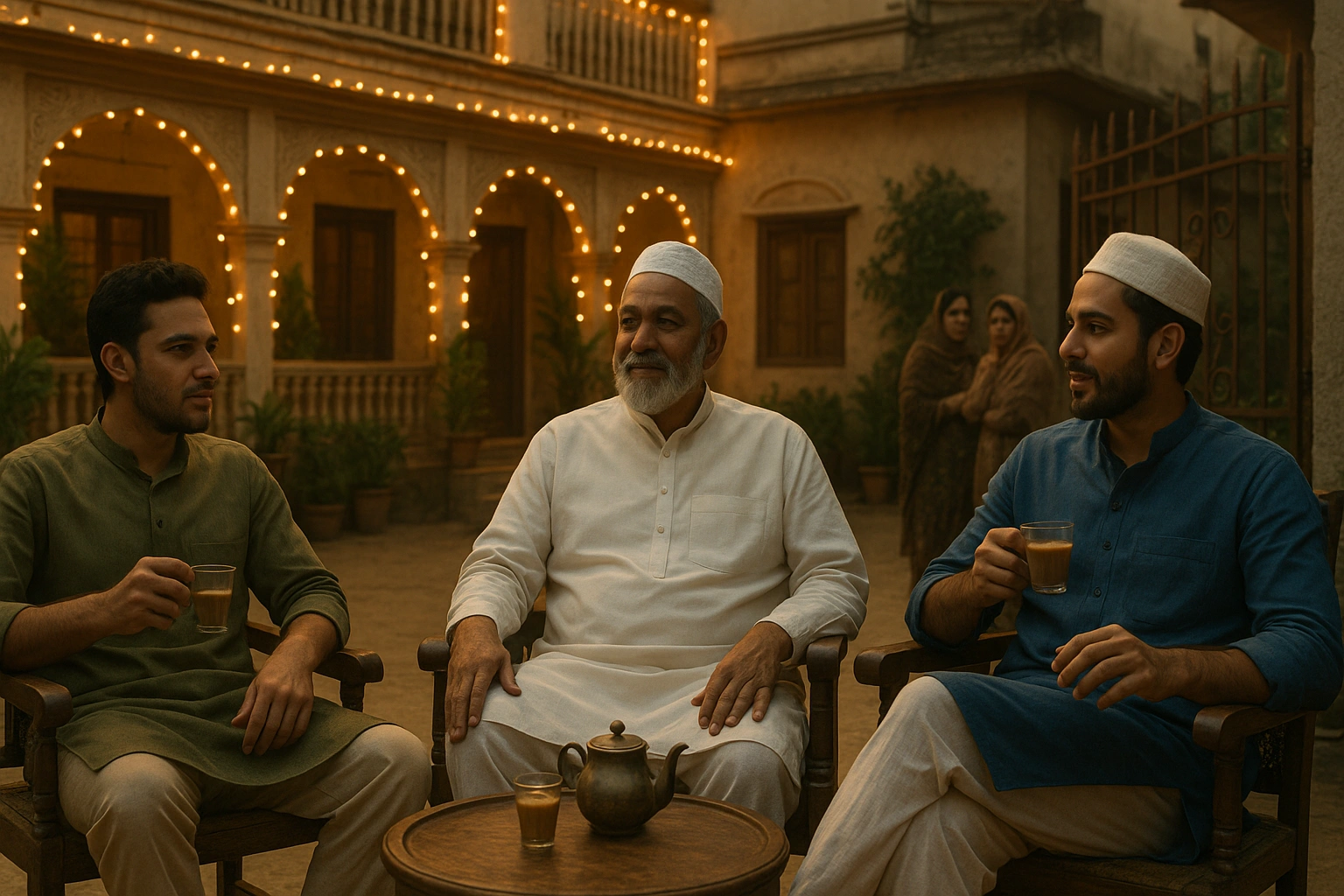
The Household Turns Bitter
Years rolled by. Ayesha and Fatima each had three children. Six cousins, growing under the same roof, fought constantly. A pencil, a ball, or even leftover kheer could spark a war. Their quarrels became extensions of their mothers’ battles.
The daughters screamed at each other, hurling abuses, while their idle husbands looked on helplessly. What once was a palace of pride became a battlefield of words.
Rahman’s heart, once proud and strong, began to weaken with age. His once-booming workshop in Saudi Arabia was now in other hands, and he relied only on rental income from the properties he had purchased.

The Downfall
His income, once lavish, was now modest—enough only for him and Shabnam. His daughters, who once sang his praises, now cursed him.
Ayesha shouted one evening,
“Abba, it is because of you our husbands never worked! You spoiled them with your money. Now look—our children starve, and you cannot help us!”
Fatima added,
“Had you sent us to our in-laws, our husbands would have careers today. You destroyed our lives with your pride.”
Their husbands, reduced to shadows of men, avoided Rahman’s eyes.
Shabnam wept in silence, realizing how decisions made in pride had ruined their children’s futures.

Loneliness in Old Age
Rahman, once a respected man in the community, now lived in a house full of people but devoid of peace. His sons stayed away, his daughters resented him, and neighbors mocked:
“See how prideful Rahman is paying for his mistakes.”
Every evening, as he sat on the veranda, staring at his rusting bicycle—the very one that had once carried him to his mechanic’s shop in poverty—Rahman wondered, “Was wealth a blessing or a curse?”
The laughter of grandchildren, instead of giving him joy, echoed like reminders of his failed choices.
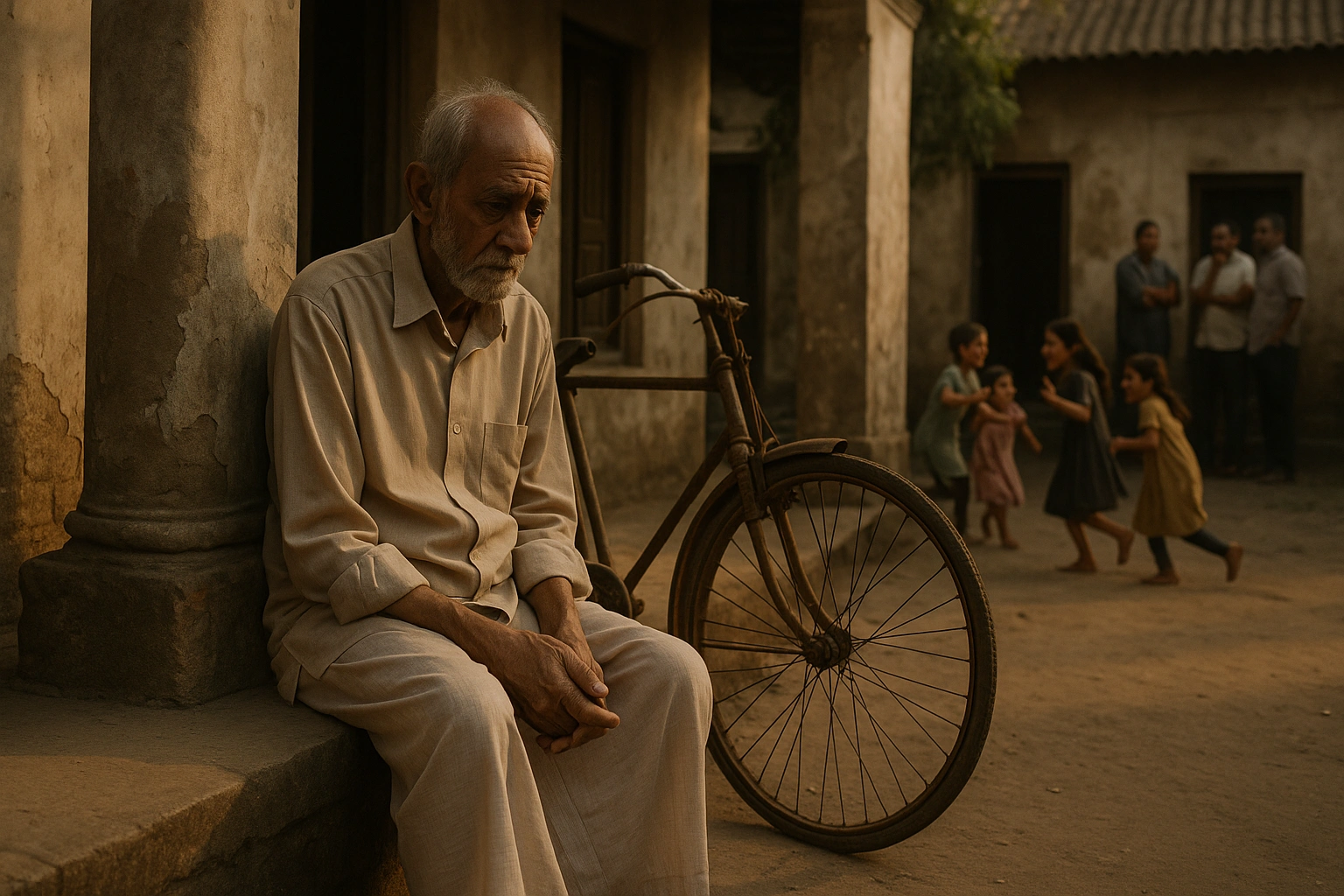
Moral
A home built on pride and control can consume itself. True strength lies in humility, independence, and allowing children to shape their own destinies.
Receive Stories and Articles in your Inbox!
We won’t send any promotional or spam emails.


